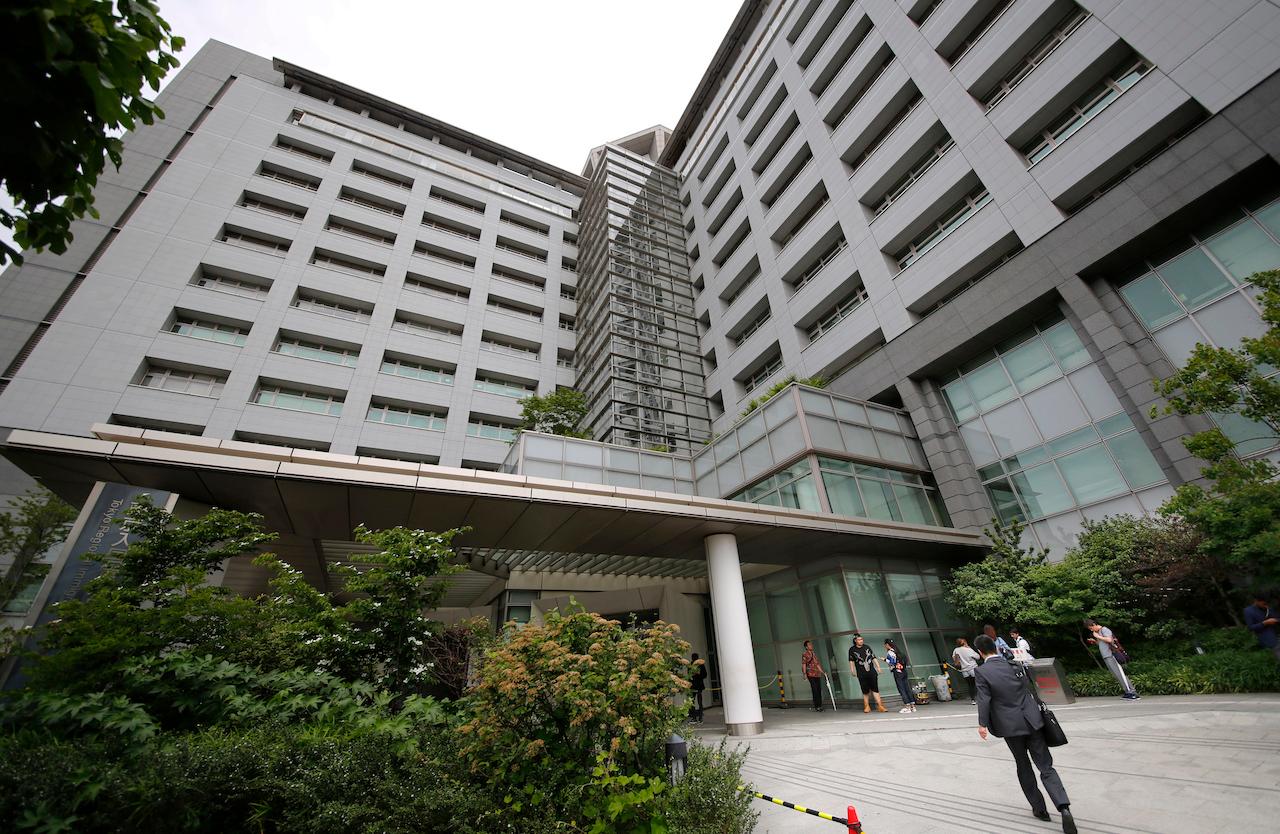Japan cancels immigration bill changes after death of Sri Lankan woman in custody
Japan accepts only about 1% of refugee applications and migrants are often detained for lengthy periods while their cases are processed.
Just In
Japan’s ruling lawmakers on Tuesday dropped a controversial push to change rules on handling asylum seekers and deportations after opposition pressure over the death of a Sri Lankan woman in detention.
The proposed legislation included changes to make it easier to deport unsuccessful asylum seekers, something that was heavily criticised by rights groups.
Opposition mounted after the death in March of a Sri Lankan woman – identified by supporters as 33-year-old Wishma Sandamali – in immigration detention.
She was held for overstaying her visa after seeking police protection, reportedly to escape an abusive relationship.
Sandamali reportedly complained repeatedly of stomach pain and other symptoms, starting in January, and campaigners allege she was given inadequate medical care. The cause of her death has not been officially disclosed.
Human rights campaigners have long criticised conditions at Japanese detention centres, including how guards respond to medical emergencies.
Opposition parties had pressed the government to release video footage of the woman’s condition in the facility, which the government declined, citing security reasons.
In response, the opposition refused to debate the Immigration Bill, and the ruling party announced it would drop the legislation to ease parliamentary tensions.
“We will no longer hold further discussions on the immigration law,” Hiroshi Moriyama, the Diet affairs chief of the Liberal Democratic Party, told reporters.
Japan accepts only about 1% of refugee applications, and places a significant burden of proof on those who seek refuge. Migrants are often detained for lengthy periods while their cases are processed.
She is the 18th foreigner to die in detention since 2007, causing activists to condemn inhumane Third World treatment in a First World country.
A report by public broadcaster NHK suggested that immigration officials tend to suspect malingering instead of genuine ill health for minor illnesses in their reluctance to grant provisional release.
Japan is pushing through reforms to its Immigration Control and Refugee Recognition Law that will forcibly deport refugees if their applications for the right to stay are rejected twice.
The current law allows immigrants to apply for refugee status as many times as they want and deportations cannot be carried out during the application or appeal process.
The Sri Lankan woman’s family members are currently in Japan and are expected to meet the justice minister this week.
Subscribe to our newsletter
To be updated with all the latest news and analyses daily.
Related Articles
No articles found.
